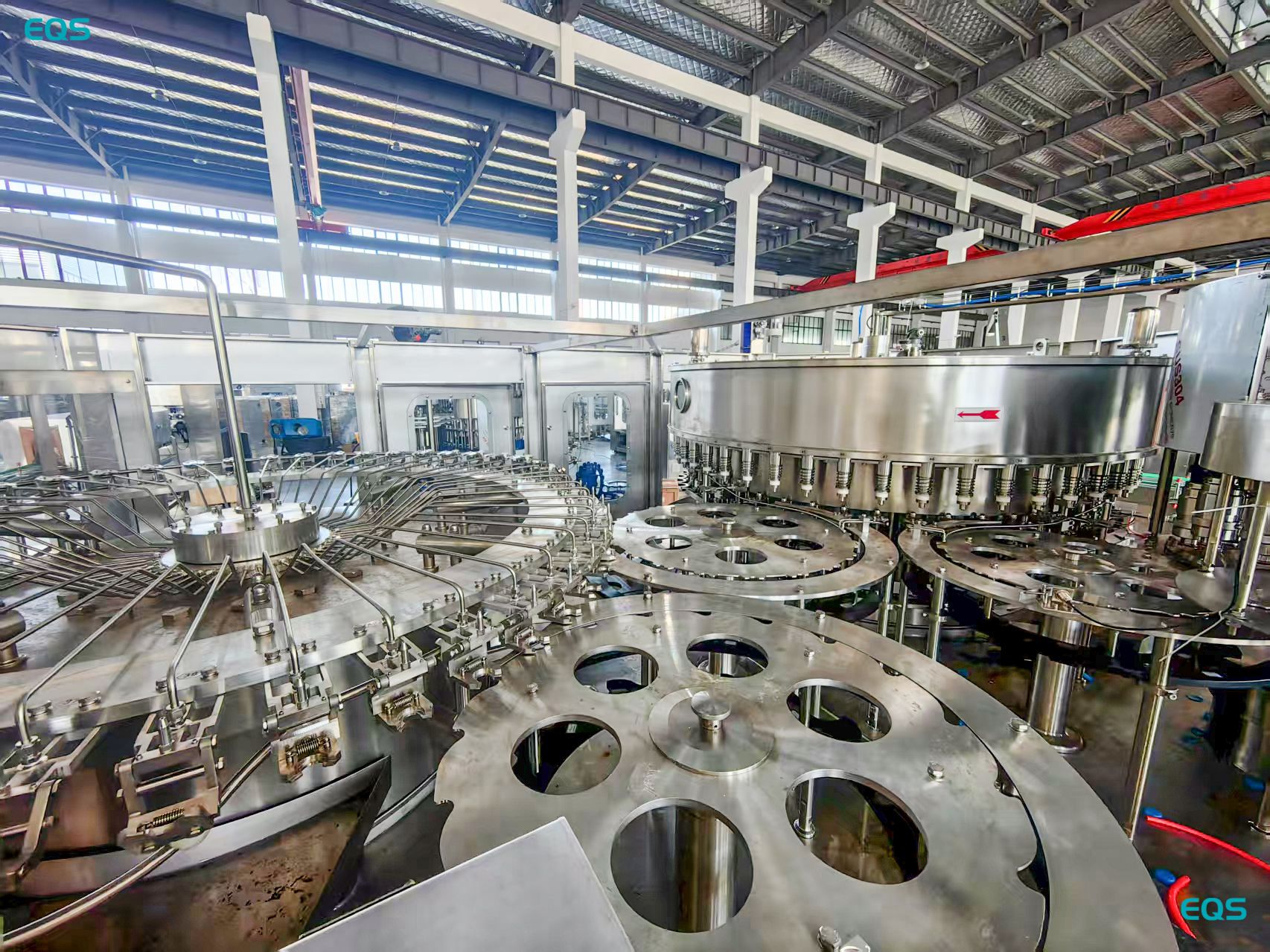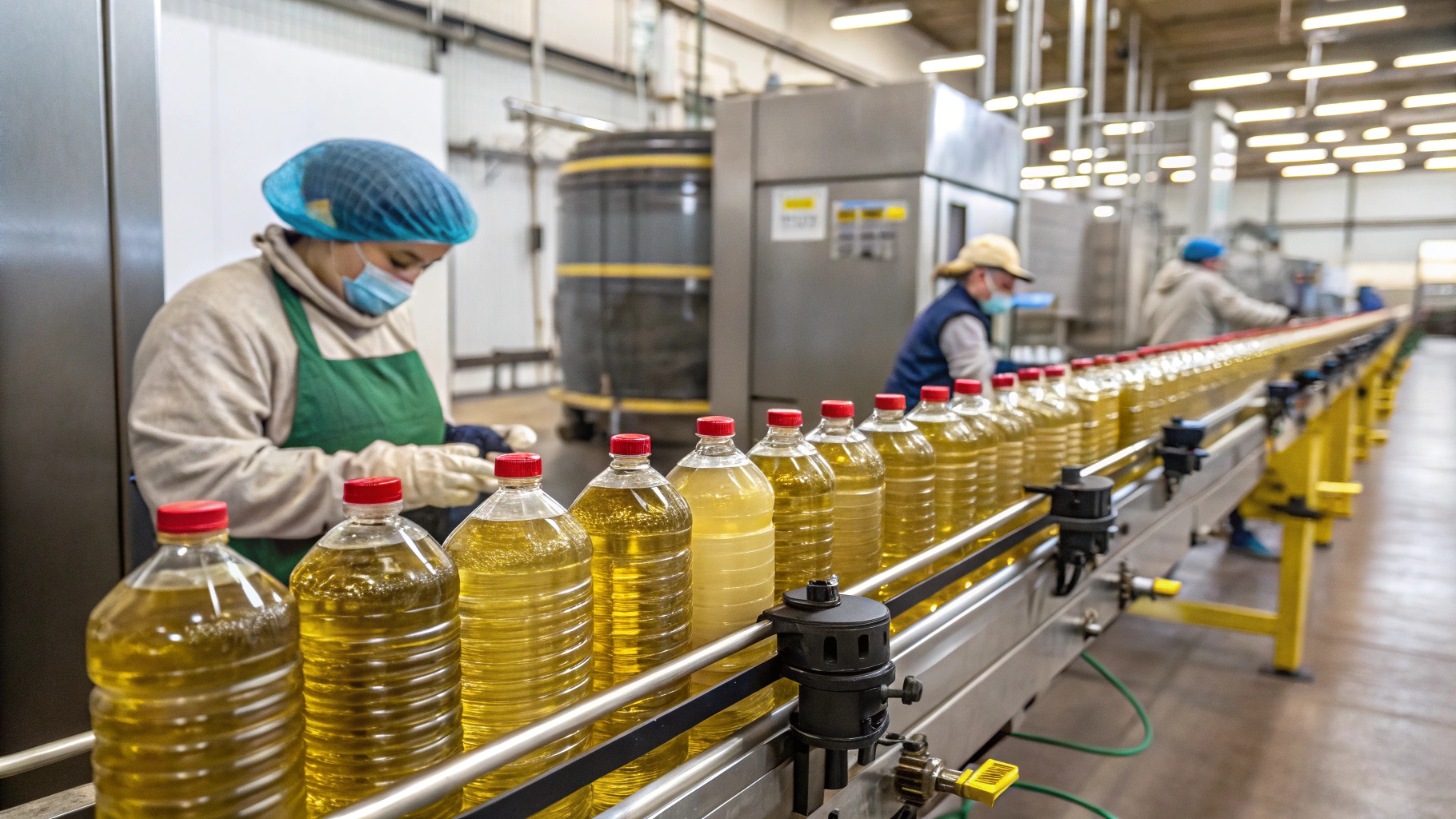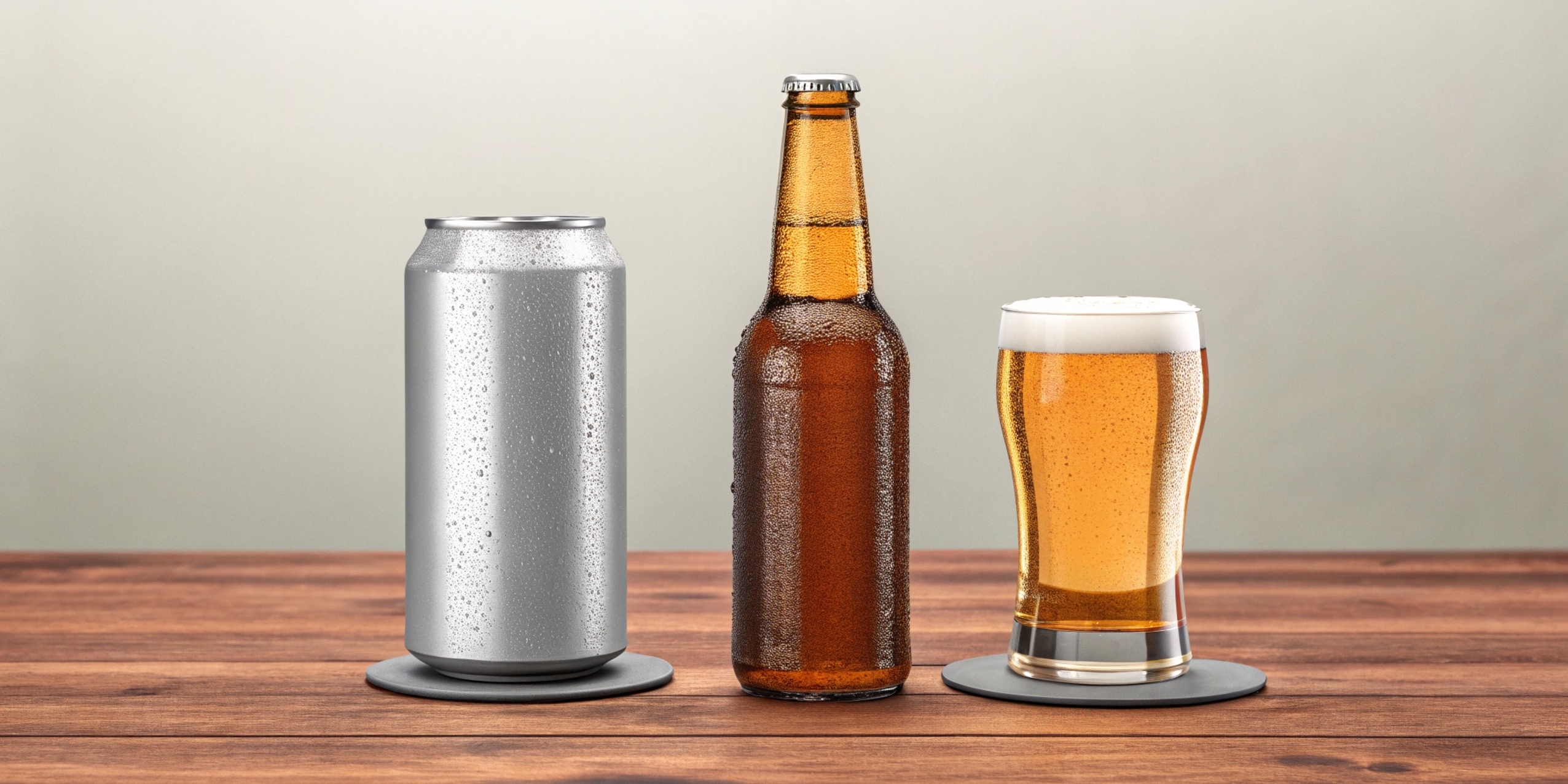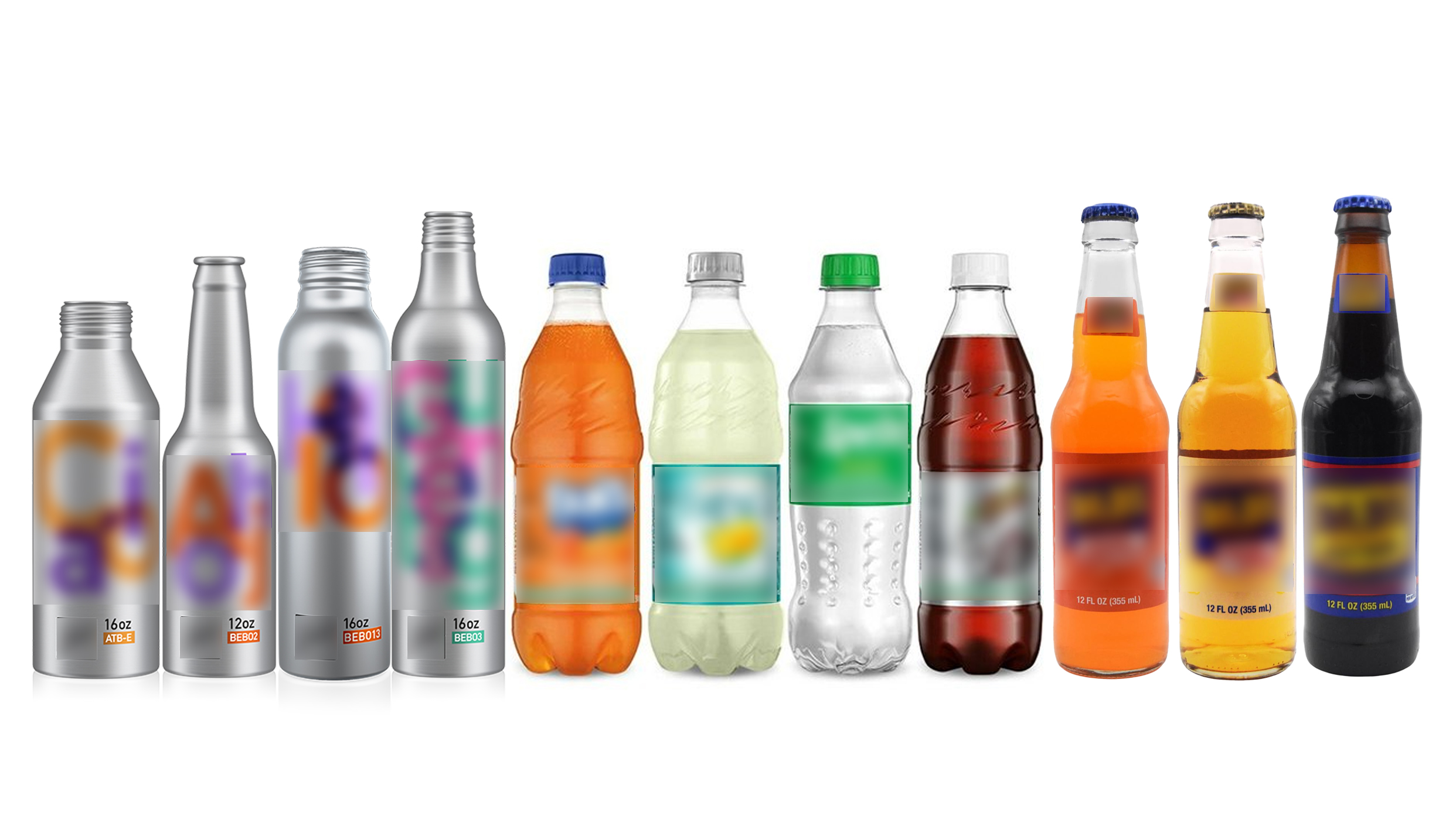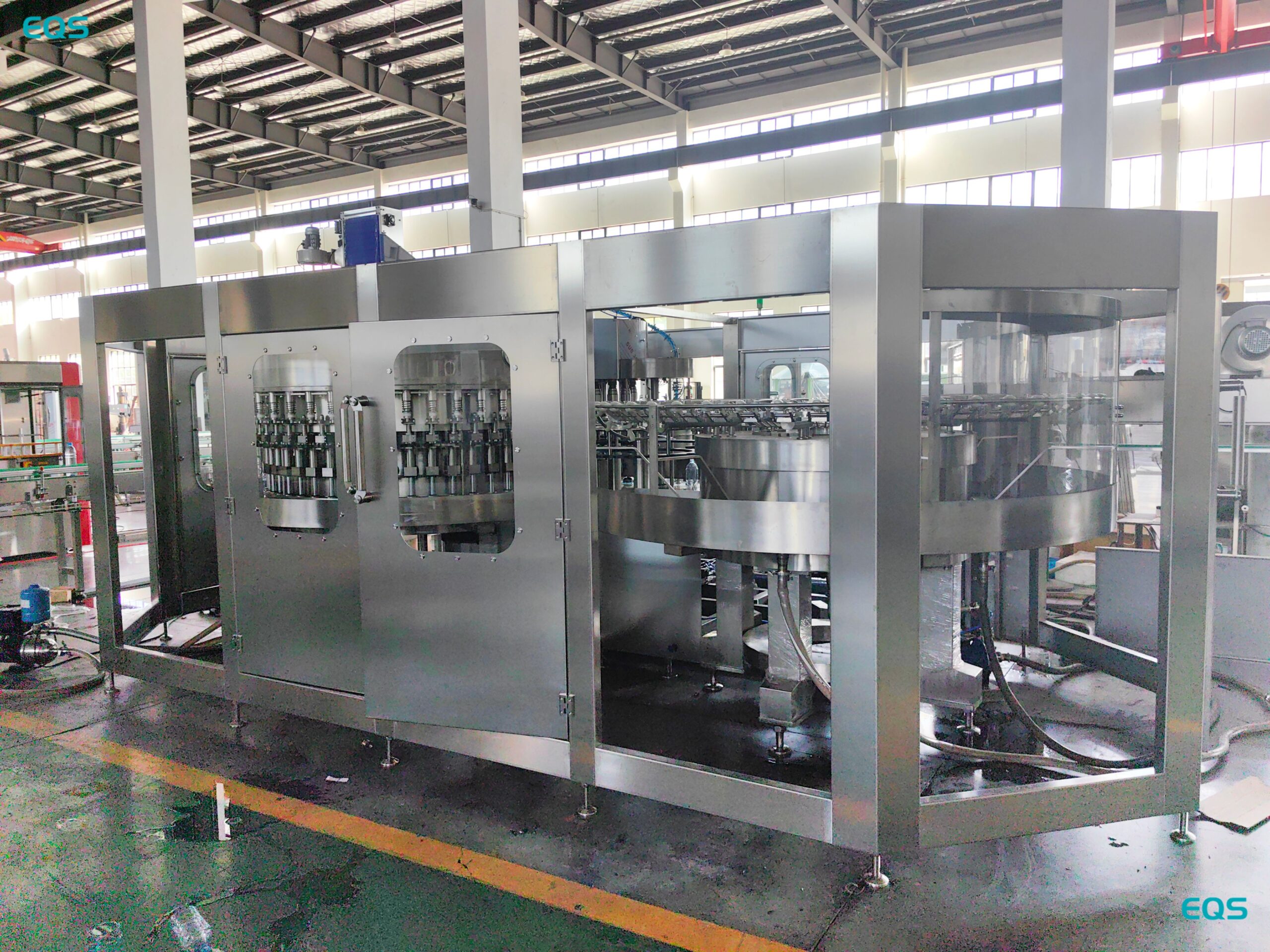Why Isn't Alcohol Packaged in Plastic Bottles?
leading paragraph:
Ever noticed how most alcohol comes in glass? Is there a reason for that?
snippet paragraph:
Alcohol is rarely packaged in plastic bottles, especially for beer and spirits, because of concerns about taste, shelf life, and potential chemical leaching. Glass and aluminum better preserve the beverage's quality and flavor.
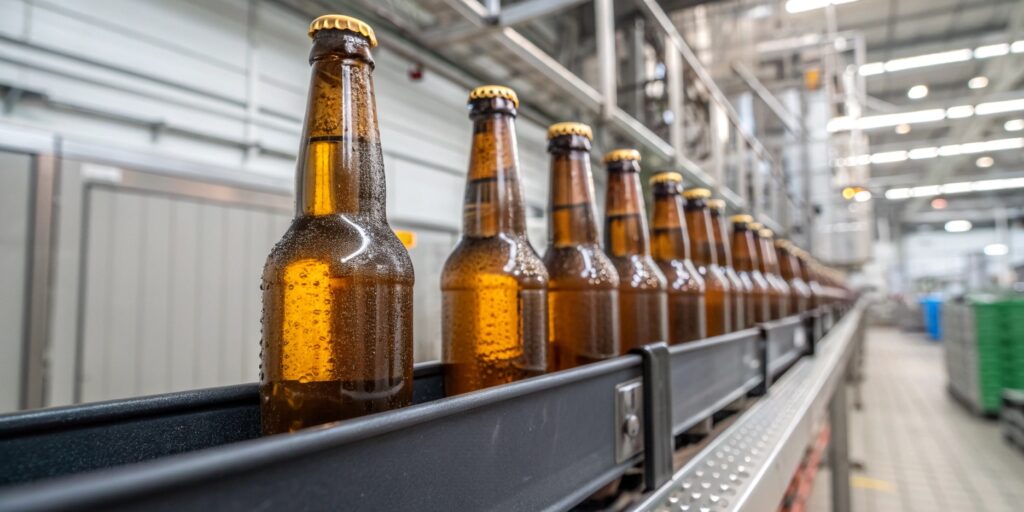
Transition Paragraph:
Let's explore why glass and aluminum are preferred over plastic for alcoholic beverages.
Why is alcohol not stored in plastic bottles?
leading paragraph:
What are the risks of storing alcohol in plastic?
snippet paragraph:
Storing alcohol in plastic can lead to several issues: 1) Taste Alteration: Plastic can impart a noticeable taste to the alcohol. 2) Permeability: Plastic is more permeable than glass, allowing oxygen to seep in and affect the alcohol's flavor. 3) Chemical Leaching: Alcohol can cause chemicals from the plastic to leach into the beverage.
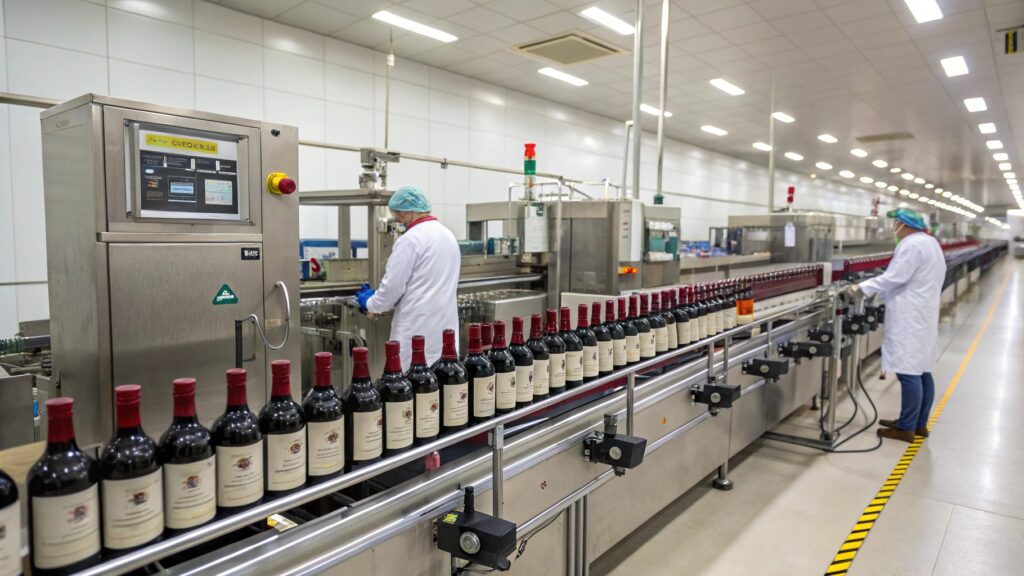
Potential Problems with Plastic Storage
| Problem | Description |
|---|---|
| Taste Alteration | Plastic can give alcohol an unpleasant taste, affecting the overall drinking experience. |
| Permeability | Plastic allows oxygen to enter, which can degrade the alcohol's flavor and aroma over time. |
| Chemical Leaching | Alcohol can dissolve chemicals from the plastic, which can then contaminate the beverage and pose health risks. |
Dive deeper Paragraph:
The interaction between alcohol and plastic is a significant concern for beverage producers. Unlike glass, which is inert and doesn't react with its contents, plastic can leach chemicals into the alcohol, especially over extended periods. For example, a craft distillery in Europe experimented with storing their whiskey in plastic bottles to reduce shipping costs. However, they quickly discovered that the whiskey developed an off-flavor after just a few weeks. The plastic was leaching chemicals like acetaldehyde into the alcohol, which not only affected the taste but also raised concerns about consumer safety. They reverted to using glass bottles, even though it meant higher shipping costs, to ensure the quality and integrity of their product. This illustrates why most high-quality alcoholic beverages are stored in glass to avoid any potential contamination or flavor changes.
Why is alcohol not sold in plastic?
leading paragraph:
Are there regulations against selling alcohol in plastic?
snippet paragraph:
While there aren't strict regulations against selling alcohol in plastic, several factors discourage it: 1) Consumer Perception: Glass is often seen as a sign of quality. 2) Brand Image: Premium brands prefer glass for its 고급스러움 and appeal. 3) Preservation: Glass maintains the alcohol's quality better than plastic.
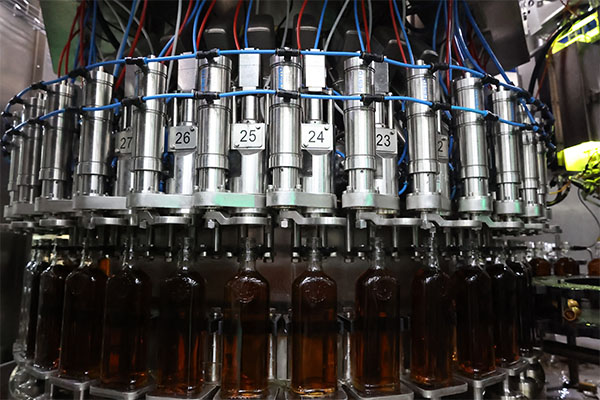
Reasons for Avoiding Plastic in Sales
| Reason | Description |
|---|---|
| Consumer Perception | Consumers often associate glass with higher quality and a better drinking experience. |
| Brand Image | Premium alcohol brands use glass to enhance their image and appeal to discerning customers. |
| Superior Preservation | Glass provides a better barrier against oxygen and other contaminants, preserving the alcohol's flavor and aroma. |
Dive deeper Paragraph:
The choice of packaging material can significantly impact a brand's image and consumer perception. A study conducted by a marketing firm in North America found that consumers rated alcoholic beverages in glass bottles as being of higher quality compared to those in plastic bottles, even when the contents were identical. This perception is deeply rooted in the historical association of glass with premium products. For instance, a wine producer who switched to plastic bottles for cost reasons saw a significant drop in sales, as consumers perceived the plastic packaging as a sign of lower quality. They quickly switched back to glass to regain their customer base. This highlights the importance of packaging in shaping consumer opinions and maintaining a brand's reputation in the competitive alcohol market.
Why is alcohol still sold in glass bottles?
leading paragraph:
What are the unique benefits of using glass for alcohol?
snippet paragraph:
Glass offers several advantages: 1) Inertness: It doesn't react with alcohol, preserving the original taste. 2) Impermeability: It prevents oxygen from entering, maintaining freshness. 3) Recyclability: Glass is highly recyclable, making it an eco-friendly option. 4) Premium Feel: It enhances the overall drinking experience.
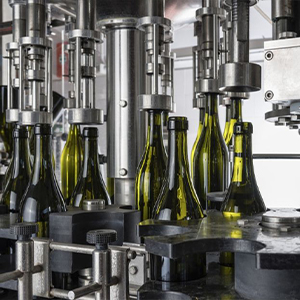
Benefits of Glass Packaging
| Benefit | Description |
|---|---|
| Inertness | Glass doesn't interact with alcohol, ensuring the original taste and aroma are preserved. |
| Impermeability | Glass provides an excellent barrier against oxygen, preventing oxidation and maintaining freshness. |
| Recyclability | Glass is easily and endlessly recyclable, making it a sustainable packaging choice. |
| Premium Aesthetic | Glass conveys a sense of quality and sophistication, enhancing the overall drinking experience. |
Dive deeper Paragraph:
The sustainability aspect of glass packaging is becoming increasingly important to consumers and producers alike. Glass is one of the most recyclable materials available, and it can be recycled endlessly without losing its quality or purity. A brewery in Europe decided to switch to glass bottles made from recycled glass to reduce their environmental footprint. They found that not only did this resonate with their environmentally conscious customers, but it also reduced their production costs, as recycled glass is often cheaper than virgin materials. This demonstrates how using glass can align with sustainability goals while also providing economic benefits. The combination of environmental responsibility and superior product preservation makes glass an ideal choice for packaging alcoholic beverages in today's market.
Is it okay to put alcohol in plastic bottles?
leading paragraph:
When might it be acceptable to use plastic for alcohol?
snippet paragraph:
It's generally okay in specific situations: 1) Short-Term Storage: For temporary storage, like during travel. 2) Large Formats: For large containers where weight is a concern. 3) Specific Settings: Such as airlines or outdoor events, where glass might be prohibited.
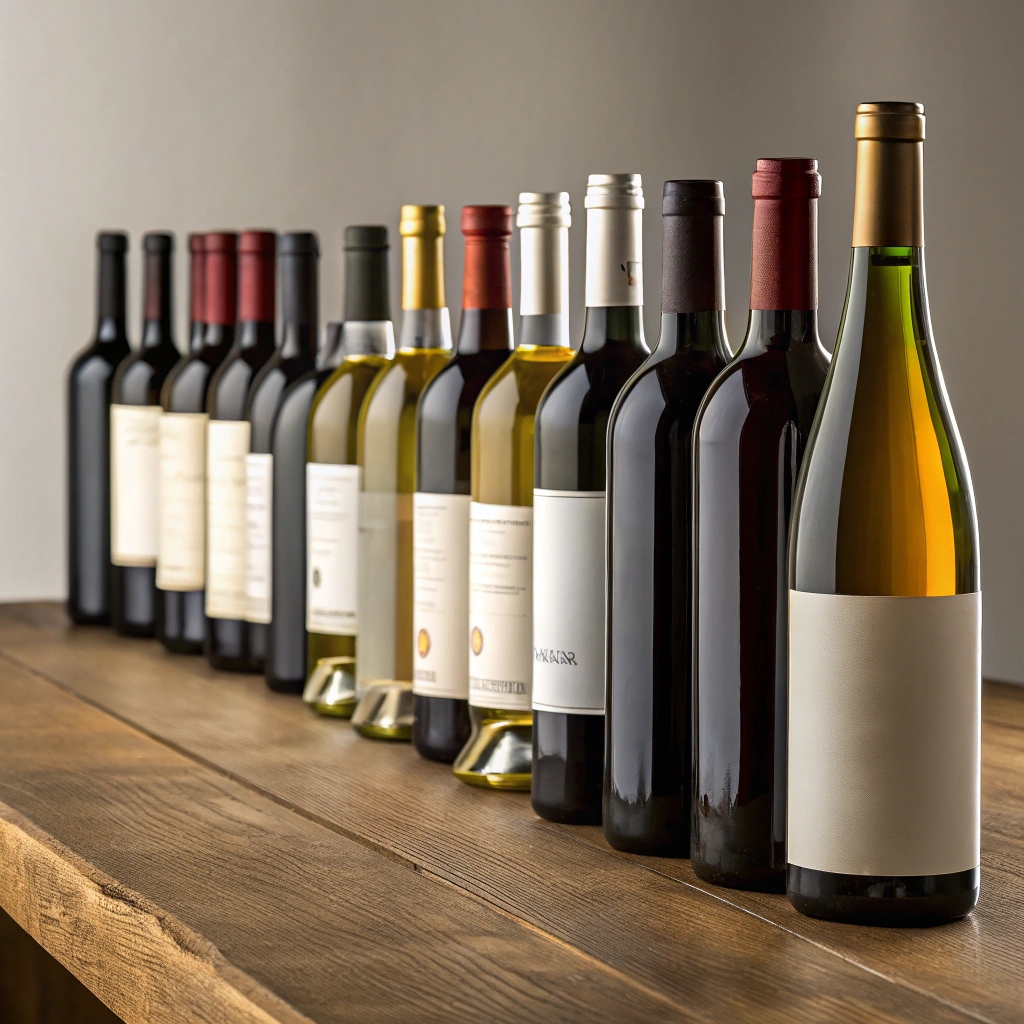
Acceptable Scenarios for Plastic Use
| Scenario | Description |
|---|---|
| Short-Term Storage | Using plastic for temporary storage, like transporting alcohol for a party, is generally acceptable. |
| Large Formats | Plastic is often used for large-format containers (e.g., boxed wine) to reduce weight and improve portability. |
| Specific Settings | Airlines and outdoor events may use plastic to prevent breakage and ensure safety. |
Dive deeper Paragraph:
While glass is the preferred choice for long-term storage and maintaining quality, plastic does have its place in certain situations. The key is to minimize the contact time between the alcohol and the plastic to reduce the risk of chemical leaching and taste alteration. For instance, airlines often serve alcohol in small plastic bottles or cups to comply with safety regulations. Similarly, large-format wines, such as those sold in boxes, often use plastic bladders to reduce weight and prevent breakage during transport. However, these are typically designed for consumption within a relatively short period. It's essential to consider the specific use case and ensure that the plastic is food-grade and suitable for contact with alcohol to avoid any potential health risks or degradation of the beverage's quality.
Conclusion
Glass remains the top choice for packaging alcohol due to its superior preservation qualities, inertness, and premium feel. While plastic has limited uses, glass ensures the best taste and quality for your favorite alcoholic beverages.
My name is Allen, and I'm an expert in filling machine technology at EQS (eqsfilling.com), a leading liquid packaging solution provider based in China. If you're looking for top-quality filling machines for your production line, feel free to reach out to me at [email protected]. We specialize in providing customizable solutions with cutting-edge technology.


